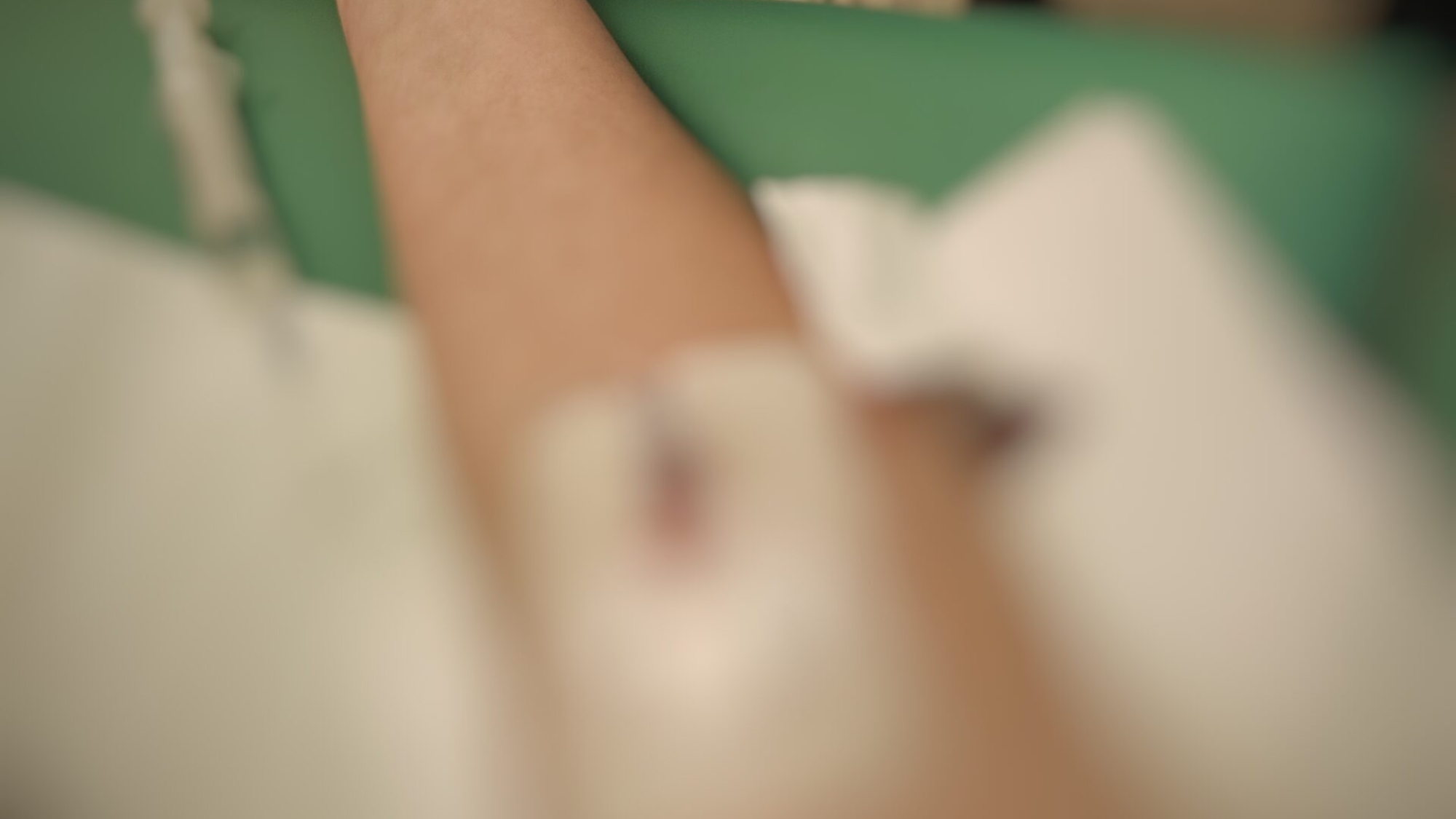I thought I was out of it.
Burnout handled. System reset. Finally moving forward.
But my body had other plans.
It waited until the moment I slowed down to remind me how much I had been carrying.
One morning, I woke up – unable to move properly.
My heart wasn’t racing. My calendar was clear.
But I couldn’t breathe the way I used to. Couldn’t think clearly. Couldn’t function.
Hospital. IV.
An entire week off.
Sleeping through days and nights.
No screen time. No clarity. No answers.
I had “escaped” survival.
But I didn’t feel free – I felt broken.
And that’s when I learned the truth no one warns you about.
They tell you to rest.
So you do.
They tell you to breathe.
So you try.
They tell you it’s safe now. You made it.
But suddenly, everything collapses.
Your body aches in new places.
Your mind refuses to plan.
You cry in silence. You scroll aimlessly. You feel nothing – and everything.
It doesn’t make sense.
You did everything right.
Why does peace feel like drowning?
What I’ve Seen – And Now Know for Sure
After working with high performers for years, I’m no longer surprised when this happens.
I expect it.
Because your nervous system is brilliant – it will let you conquer entire empires while shutting off anything non-essential.
Digestion, emotion, immunity, even identity. All temporarily suspended for one mission: survive.
And then one day, it believes you.
You finally create space, safety, or a pocket of calm – and your body says:
“Now I can process everything I skipped.”
And it unleashes the storm.
This isn’t dysfunction. It’s delayed reaction.
A system that held everything now refuses to hold anything.
And that refusal is the beginning of healing.
The Symptoms No One Talks About
This crash doesn’t always scream.
Sometimes, it whispers in exhaustion. Sometimes, it rips through your skin.
Here’s what survival aftermath can look like:
Physically:
- Bone-deep fatigue
- Random inflammation or nerve flares
- Gut disruption, jaw tension, tight chest
- Sudden colds or infections
Emotionally:
- Crying spells without triggers
- Blunted joy, restlessness
- Panic at doing “nothing”
- Grief for no clear reason
Cognitively:
- Fog, indecision, loss of sharpness
- Forgetting words or simple steps
- No motivation for what once thrilled you
- A quiet, haunting “what now?”
It doesn’t feel like rest.
It feels like your system is breaking its silence.
The Healing Paradox
You didn’t get worse.
You stopped overriding it.
What surfaces now didn’t arrive with your rest – it was waiting beneath your performance.
Healing doesn’t always feel like lightness.
Sometimes it feels like being buried – because for the first time, you’re finally still enough to feel the weight.
And that means it’s working.
What Coaches Don’t Tell You and Should
This phase is rarely mentioned in coaching programs.
Because it doesn’t sell.
But if I don’t prepare you for it, you’ll misread the whole process.
You’ll think you’re failing. You’ll think your growth broke you.
And you’ll retreat to old patterns that once made you feel capable, but never whole.
So let me say this clearly:
If your body crashes after care, it’s because it finally believes it doesn’t have to fight.
This is not a crisis. It’s confirmation.
How to Handle It – Without Re-triggering Survival
Don’t fix. Don’t push. Don’t override again.
Instead:
- Anchor in the body: Walk barefoot. Shake. Soak. Breathe like the world isn’t chasing you.
- Let your calendar shrink: Delegate more. Say no before your throat gets tight.
- Fuel, don’t numb: Minerals, not caffeine. Nourishment, not stimulation.
- Reframe productivity: Some days, being awake is enough.
You’re not falling behind. You’re recalibrating.
Let your system rebuild itself without fear.
What You’re Really Facing
You’re not lazy.
You’re not lost.
You’re not broken.
You’re simply grieving the version of you that had to perform in order to be safe.
You’re becoming the version that doesn’t need to pretend anymore.
The Gut-Hit Truth
You didn’t collapse because you’re weak.
You collapsed because you’re finally safe.This isn’t your fall.
It’s your return.



Add a Comment